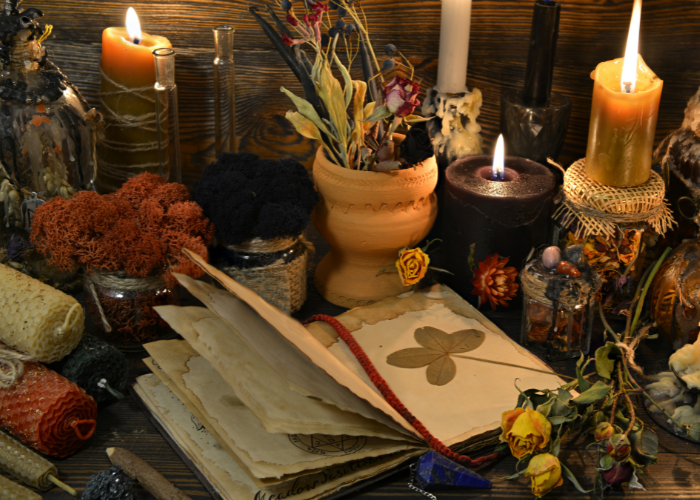New Orleans, with its rich history and vibrant culture, is known for its unique blend of spiritual practices, including voodoo. Voodoo doctors, also known as rootworkers, are highly revered individuals within the local community who combine elements of African spirituality, Catholicism, and Native American traditions to offer healing, guidance, and protection. This article delves into the world of voodoo doctors in New Orleans, exploring their practices, beliefs, and impact on the city’s cultural fabric.
1. The Origins of Voodoo in New Orleans
Voodoo, as practiced in New Orleans, has its roots in African religions brought by enslaved Africans during the colonial era. These beliefs merged with Catholicism, resulting in what is known as Louisiana Voodoo. The blending of various cultural elements created a unique spiritual practice that has since become an integral part of the city’s identity.
2. Role of Voodoo Doctors
Voodoo doctors play a significant role in the community, acting as intermediaries between the spiritual and physical worlds. They are sought after for their abilities to heal ailments, provide spiritual guidance, and offer protection against negativity. Voodoo doctors are known for their deep knowledge of herbs, potions, charms, and rituals that can address various physical, emotional, and spiritual concerns.
3. Practices and Rituals
Voodoo doctors employ a range of practices and rituals to connect with the spirit world and bring about healing. These include divination techniques such as palm reading, tea leaf reading, and tarot card readings, where the doctor interprets symbols and messages from the spirits. In addition, rituals involving the use of candles, herbs, talismans, and spiritual baths are performed to cleanse and protect individuals from negative influences.
4. The Influence of Catholicism
Catholicism plays a significant role in New Orleans voodoo, and many voodoo doctors incorporate Catholic saints and symbols into their practice. This syncretism reflects the historical blending of African spirituality and Catholicism during the era of slavery. For instance, the patron saint of New Orleans, Saint Expedite, is often invoked in voodoo rituals for matters of urgency and quick results. This unique fusion of traditions highlights the inclusivity and adaptability of voodoo in New Orleans.
5. Healing and Community Support
Voodoo doctors are valued members of their communities, providing support beyond physical healing. Many individuals seek their guidance for relationship issues, career decisions, and protection from negative energies. Their services extend beyond individuals to helping families, neighborhoods, and even communities come together and heal. The sense of community and reliance on voodoo doctors contributes to the cultural fabric of New Orleans, fostering a strong connection among its diverse inhabitants.
6. Challenges and Misunderstandings
Voodoo has often faced misunderstandings and misconceptions due to its association with negative stereotypes perpetuated by popular culture and media. In reality, voodoo practices are deeply rooted in spirituality, healing, and community support. Voodoo doctors in New Orleans face the challenge of dispelling these misconceptions and educating the public about the true essence of voodoo.
7. Modern Adaptations and Preservation
In the face of changing times, voodoo doctors have adapted their practices to cater to evolving needs. They embrace technology by offering consultations via phone and online platforms, making their services accessible to a wider audience. Furthermore, voodoo doctors strive to teach younger generations about their traditions, ensuring the preservation of their cultural heritage for years to come.
Conclusion
Voodoo doctors in New Orleans serve as pillars of healing, spirituality, and community support. Their practices, deeply rooted in African spirituality, Catholicism, and Native American traditions, have become an integral part of the city’s cultural identity. Through their rituals and teachings, voodoo doctors provide a unique blend of mysticism and healing, fostering a sense of unity among the diverse population of New Orleans. With their deep-rooted traditions and evolving practices, voodoo doctors continue to shape and preserve the rich cultural fabric of the city they call home.

